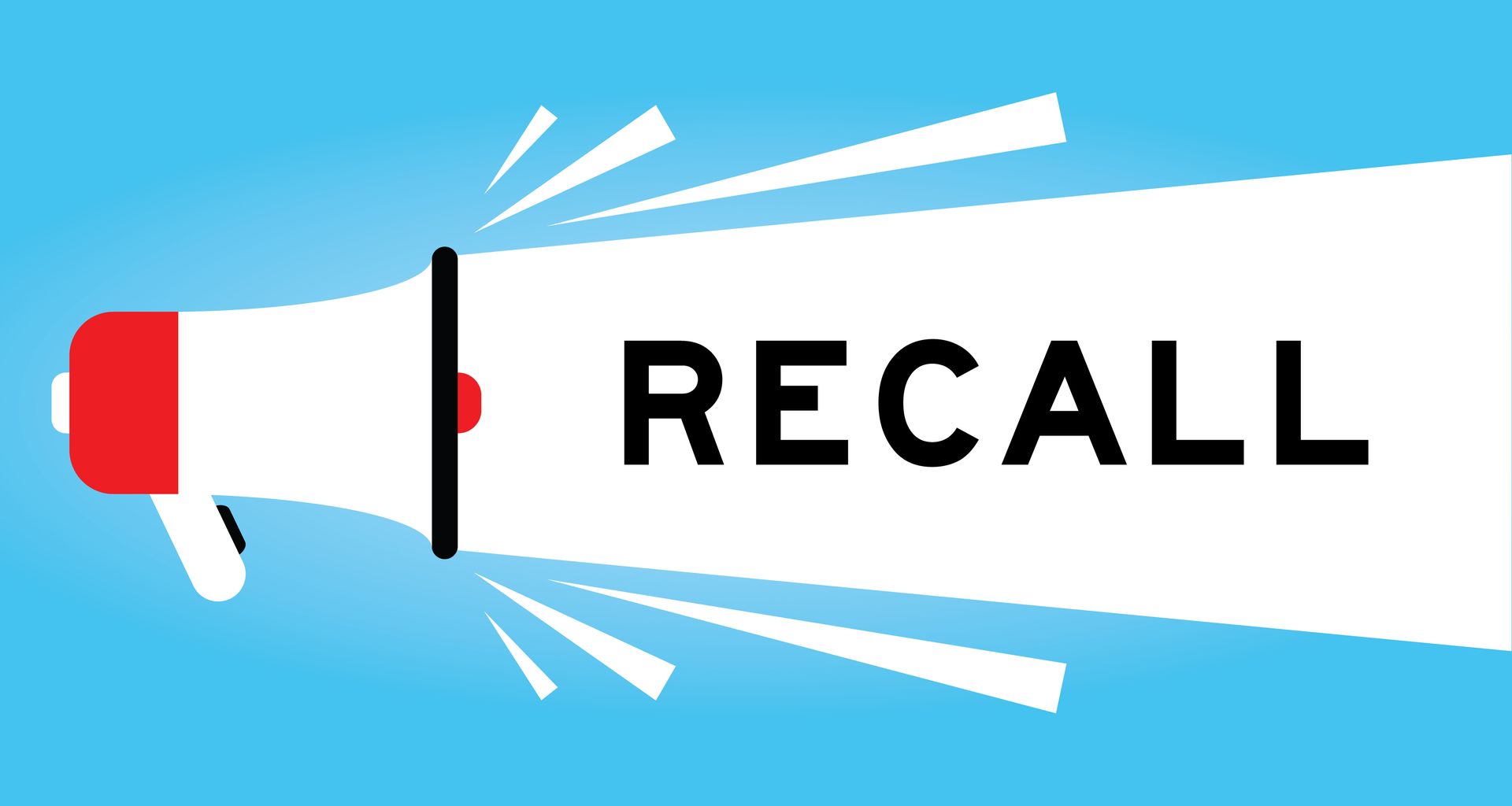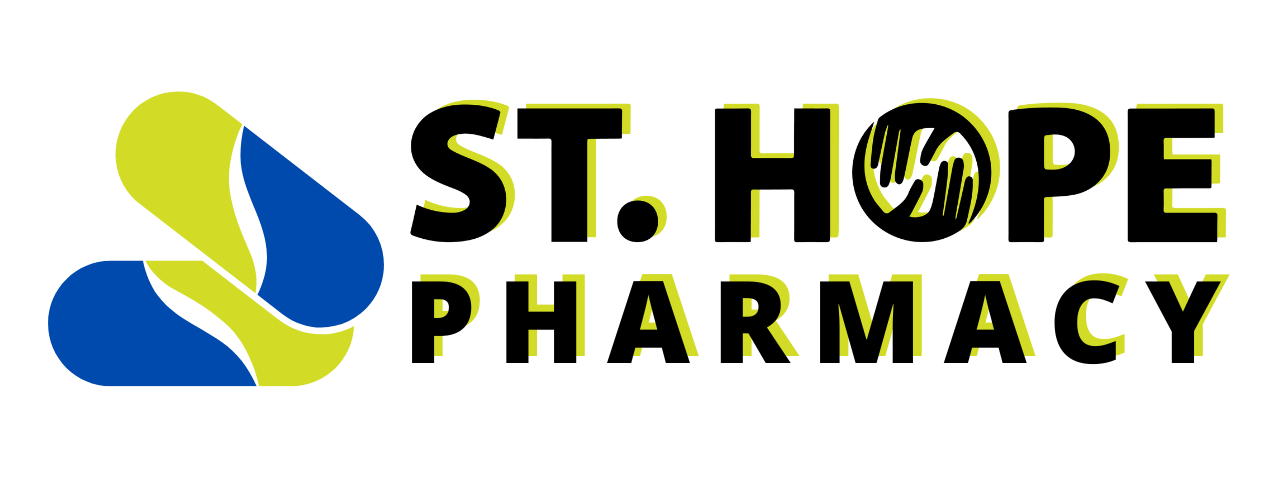What Are Drug Recalls and How Can I Find Out If Any of My Drugs Were Recalled?

Drug recalls are put in place to make sure that medications on the market remain safe for consumers. While most drugs are effective and safe when used as directed, there are instances when a medication may be recalled due to dangerous side effects and other serious issues.
What Is a Drug Recall?
A drug recall occurs when a medication is removed from the market due to safety concerns, manufacturing defects or mislabeling. These recalls can be initiated by the drug manufacturer or by regulatory agencies like the U.S. Food and Drug Administration (FDA). The decision to recall a drug may arise from several factors, including contamination, incorrect labeling, adverse side effects or manufacturing defects.
Contamination, for instance, may involve harmful substances like bacteria or toxic chemicals, while incorrect labeling can lead to the incorrect usage of the medication.
In some cases, severe or unexpected side effects documented after the drug’s release may outweigh the benefits of leaving the drug on the market, forcing its removal.
How Can I Find Out If Any of My Drugs Were Recalled?
If you are someone who takes prescribed medication, it’s important to be aware of any recalls. Because pharmacies have records of which patients were prescribed different medications and batches, alerting affected patients is typically standard operating practice. However, these communications can be missed. You also likely will not get a warning if your over-the-counter drugs were recalled.
There are several resources you can use to check whether any of your medications have been recalled such as:
- FDA’s Drug Recall Page: The FDA maintains an up-to-date list of drug recalls, market withdrawals and safety alerts on their website. You can access this information by visiting FDA Drug Recalls. This page provides details about the recalled drug, the reason for the recall and instructions on what to do if you have the recalled medication.
- FDA’s Recalls, Market Withdrawals and Safety Alerts Page:
Another useful resource is the FDA’s Safety Alerts page, where you can find information on both drug recalls and other product recalls, including medical devices and over-the-counter medications.
- Pharmacy Alerts: Some pharmacies offer alerts through their websites or apps, notifying customers if a drug they have purchased is recalled. Be sure to sign up for these alerts if your pharmacy provides them.
Should Your Doctor or Pharmacist Notify You of a Recall?
While drug manufacturers and the FDA are responsible for issuing recalls, your healthcare providers can also play a role in keeping you informed. In some cases, your doctor may be notified directly about a recall, especially if it involves a medication commonly prescribed in their practice.
In these cases, they may reach out to you to discuss alternative treatments or adjustments to your medication regimen. Pharmacists are often the first line of defense when it comes to drug safety and may contact you if a drug you’ve been prescribed is recalled, particularly if the recall is urgent or involves a serious health risk.
Best Practices for Drug Safety
- Research Your Medications: Before starting a new medication, take the time to research it. Ask your doctor about potential side effects, interactions with other drugs and any other known safety concerns. It’s also a good idea to ask your pharmacist for information about the drug’s safety profile and how to take it properly.
- Proper Storage: Store your medications according to the instructions provided by your pharmacist or on the drug’s label. Improper storage, such as exposure to heat, moisture or light, can cause medications to degrade, reducing their effectiveness or making them unsafe to use altogether.
- Check Expiration Dates: Regularly check the expiration dates on your medications. Using expired drugs can be dangerous, as they may not work as intended or could cause harmful side effects. If a medication is expired, dispose of it safely and contact your healthcare provider for a replacement.
What to Do If Your Drug Is Recalled or Expired?
If you discover that a medication you are taking has been recalled or has expired, there are specific steps you should take. First, immediately stop taking the recalled or expired medication unless your doctor advises otherwise. Then, you should notify your doctor or pharmacist about the recall or expired medication. They can provide guidance on alternative treatments or next steps.
If the recall notice provides specific instructions, such as returning the medication to the pharmacy or disposing of it safely, be sure to follow them. For expired medications, follow proper disposal guidelines.
Find a Pharmacy That Will Keep You Informed About Drug Recalls in Houston, TX
If you have concerns about a medication you’re taking or are looking for more information about drug recalls, don’t hesitate to reach out to our professional pharmacists at St. Hope Pharmacy.
Contact us today to get in touch or give us a call at (713) 778-1300 and make sure your treatments are safe and up-to-date.


